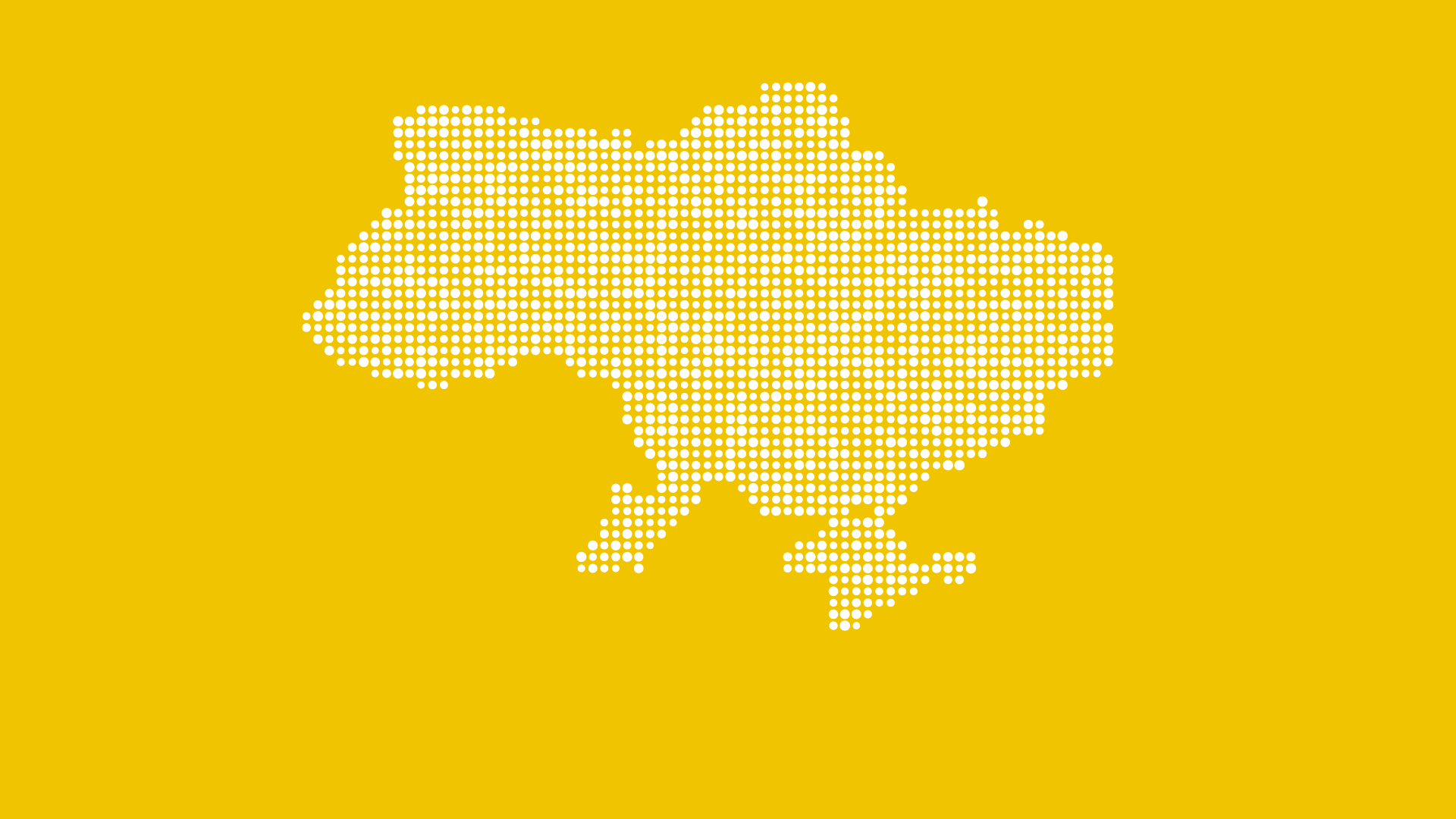The International Court of Justice (ICJ) of the United Nations, in a landmark decision on 29 January 2024, found the Russian Federation in violation of international conventions. This includes the restriction of access to education in the Ukrainian language and the continued prohibition of the activities of the Mejlis of the Crimean Tatar people. This decision underscores the urgency of the international community’s response to the human rights crisis in Crimea.
The last decade has seen a continuous escalation in human rights violations by Russian authorities in Crimea, including:
- The imposition of Russian citizenship and the identity on Crimean residents;
- Coercion to participate in electoral campaigns, referendums, and votes organised by the Russian Federation;
- Forced conscription into the Armed Forces of the Russian Federation;
- Political indoctrination, militarization, and “Russification” of children;
- Forced displacement or deportation of protected persons, including orphans and children deprived of parental care, to the Russian Federation;
- Arbitrary arrests, enforced disappearances, and torture of those taking a stand against the occupation;
- Absence of freedom of opinion, assembly, and association;
- Common practice of conviction on fabricated charges, non-provision of medical assistance and inhumane conditions towards political prisoners in detention;
- Persecution of minority religious congregations, including Muslim Crimean Tatars, Jehovah’s Witnesses, and the Orthodox Church of Ukraine’s (OCU) members and clergy.
These actions have been compounded by the deliberate, systematic, and large-scale destruction of Ukrainian cultural heritage on the occupied Crimean Peninsula. Over 1,355 permits for illegal archaeological excavations have been granted to Russian scientists, resulting in the damage of dozens of square kilometres of cultural layers, destruction of over a thousand objects of cultural heritage, and relocation of hundreds of thousands of items of cultural value. These actions are part of the Russian Federation’s propaganda efforts, further erasing the identity and heritage of Crimea.
In light of these developments, we call on the international community to:
- Demand the Russian Federation comply with the ICJ’s 2024 decision;
- Facilitate the return of deported individuals, including children, from Russian Federation territory and Russian-controlled territories, to Ukrainian-controlled territories;
- Demand the Russian Federation to provide information on the location and condition of abducted civilians held incommunicado on the territory of Crimea and release them;
- Extend initiatives for compensation for victims of human rights violations using frozen Russian assets;
- Develop mechanisms for the return of cultural values illicitly obtained by Russia;
- Ensure immediate provision of medical assistance and address the health conditions of the approximately 50 Crimean political prisoners;
- Secure the release of all political prisoners under fabricated charges, including but not limited to Iryna Danylovych, Leniie Umerova, Amet Suleymanov, Nariman Dzelyal, and the Akhtemov brothers;
- Implement individual sanctions against those directly responsible for human rights violations in the occupied territory of Crimea.
As we mark a decade of resistance in Crimea, we reiterate our calls for accountability, the release of all political prisoners, and an end to gross and systematic human rights violations. We stand in solidarity with the people of Crimea, committed to continuing our efforts to restore their rights and freedoms.





